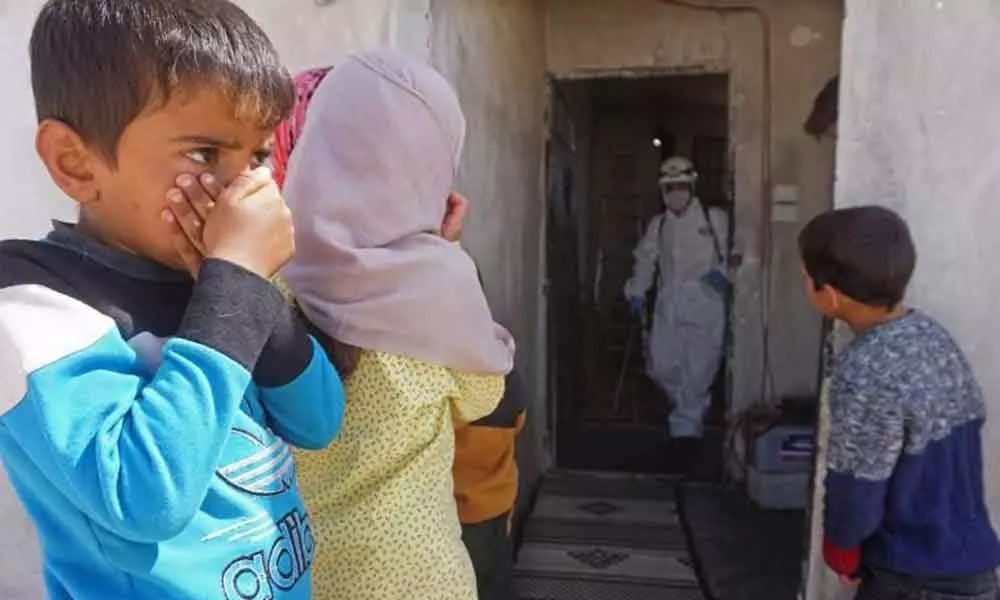Impact of Covid-19 on children
 Impact of Covid-19 on children
Impact of Covid-19 on children188 countries have imposed countrywide school closures, affecting more than 1.5 billion children and youth
188 countries have imposed countrywide school closures, affecting more than 1.5 billion children and youth. Nearly 369 million children across 143 countries who normally rely on school meals for a reliable source of daily nutrition must now look to other sources.
Hundreds of thousands of additional children could die this year, compared to a pre-pandemic scenario, as a result of the looming global recession. This would effectively reverse the last 2 to 3 years of progress in reducing infant mortality within a single year.
As the world focuses on the daily counts of COVID-19 infections and deaths, these numbers deserve equal attention. The direct impact of COVID-19 infection on children has thankfully been far milder than for other age groups, at least to date.
But make no mistake. The socio-economic impact of the virus – and of the containment and mitigation measures governments have put in place around the world – is potentially catastrophic for millions of children. What began as a health crisis risks evolving into a broader child-rights crisis.
This is a universal crisis of unprecedented scale. All children, of all ages, and in all countries, are affected. However, some children are destined to bear the greatest costs. Among those who will be badly hit are children living in slums, refugee and displacement camps, and zones of active conflict. Children with disabilities. Children living in institutions and detention centres.
The world must act urgently, and collectively, to mitigate the costs to children.
We need more information: Time to look beyond daily data on new infections and deaths to analyse the broader effects of the pandemic. An optimal response to COVID-19 in any setting must balance multiple risks to save the most lives.
We need more solidarity: The pandemic is a test of our solidarity: within local communities, the scientific research community, and the community of nations. Children offer a common cause that can stoke a greater sense of union among people.
And we need more action: Governments are taking wide-ranging actions to contain and mitigate the pandemic. But these actions must be accompanied by additional steps to counter unintended effects on children. It is particularly urgent to:
♦ Roll-out or expand social assistance to families, preferably through universal child grants
♦ Secure food supply chains and local food markets, to protect children from a food security crisis
♦ Prioritize continuity of child-centred services, like schooling, nutrition programmes, maternal and newborn care, immunization services, sexual and reproductive health services, HIV treatment, mental health and psychosocial services
♦ Put in place specific protections for vulnerable children including migrants, the displaced, refugees, minorities, slum-dwellers, children living with disabilities, children caught in armed conflict, and children in institutions.
♦ Provide practical support to parents and caregivers, including how to talk about the pandemic with children, how to manage their own mental health and the mental health of their children, and tools to help support their children's learning.
♦ Prioritize the restoration of child services as lockdown measures wind down.
♦ Ensure that children, adolescents and young people have access to COVID-19 testing, treatment and vaccines as and when they become available.
As unprecedented as the crisis is, it is also an unprecedented opportunity for international solidarity for children and humanity -- and a chance to transform the way we nurture and invest in the young generation.
(The author is Secretary General, United Nations)










